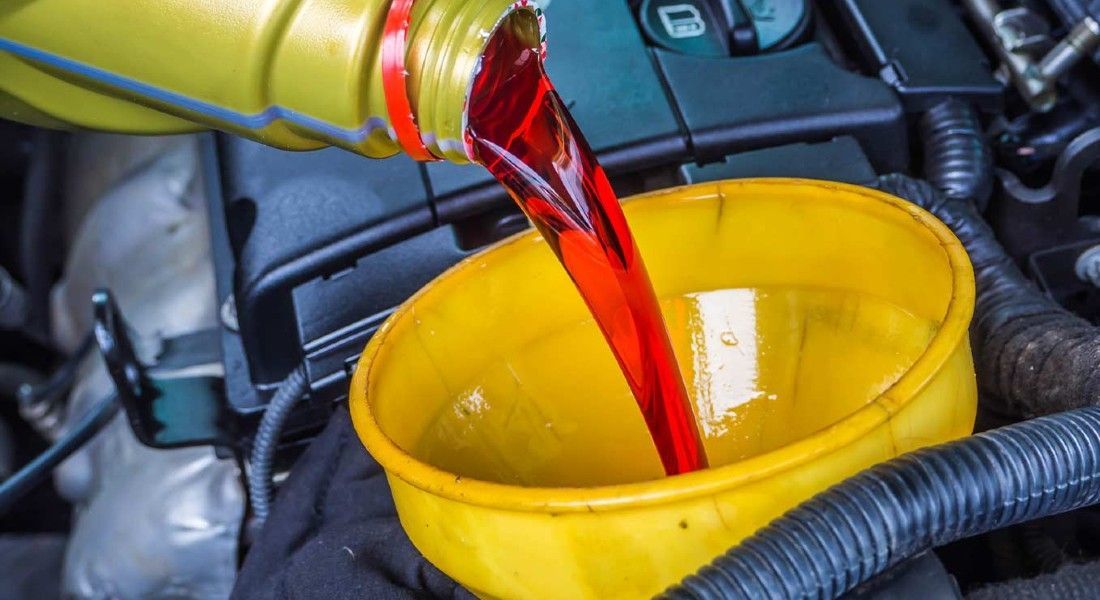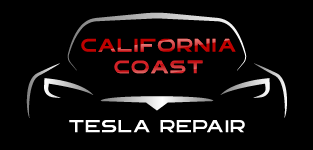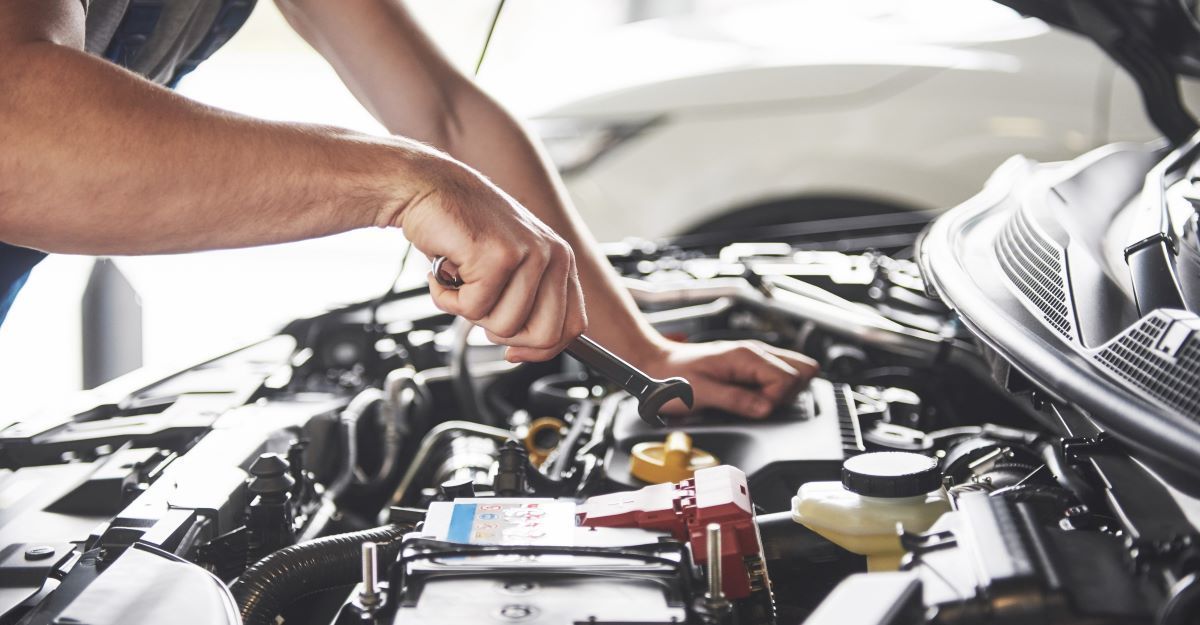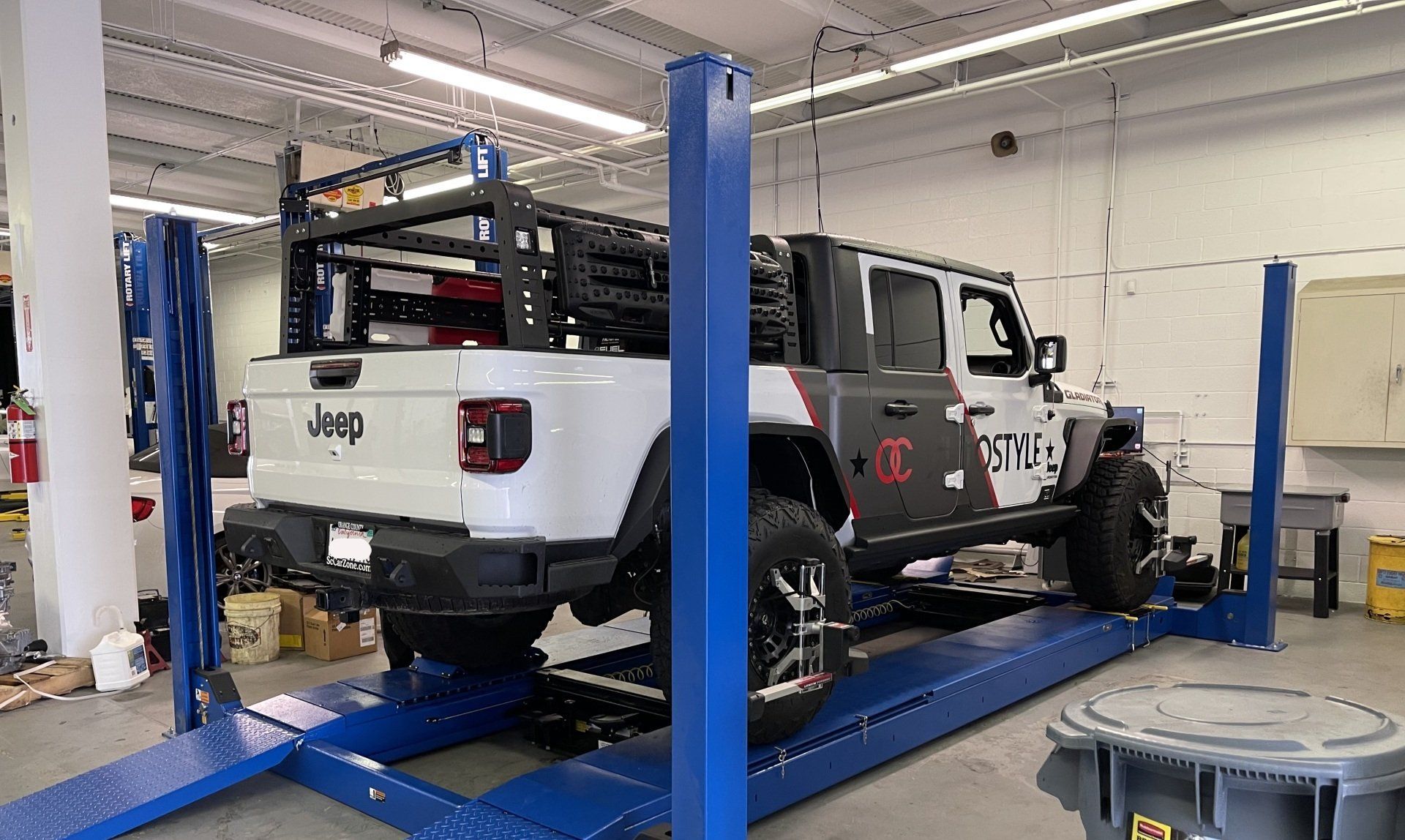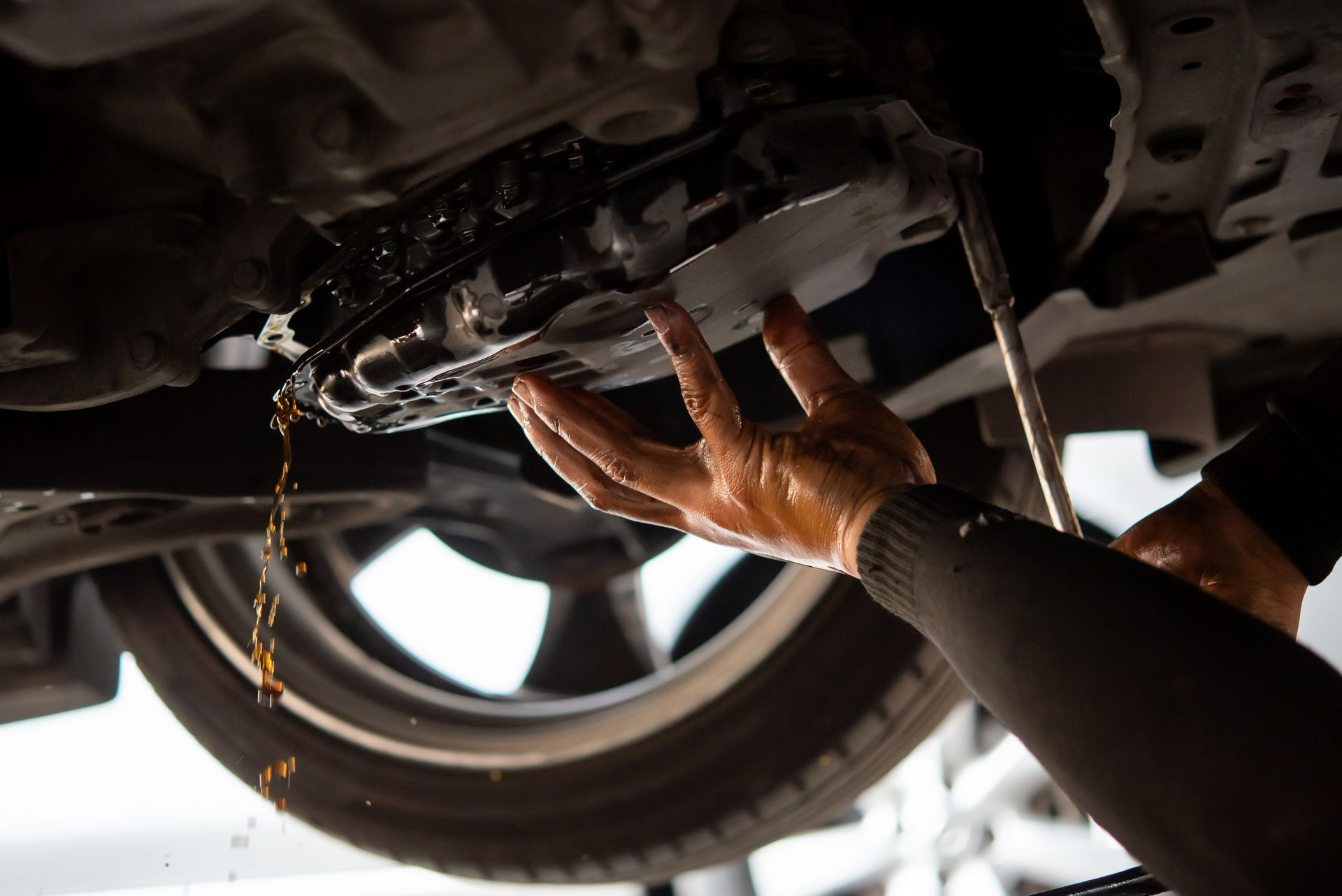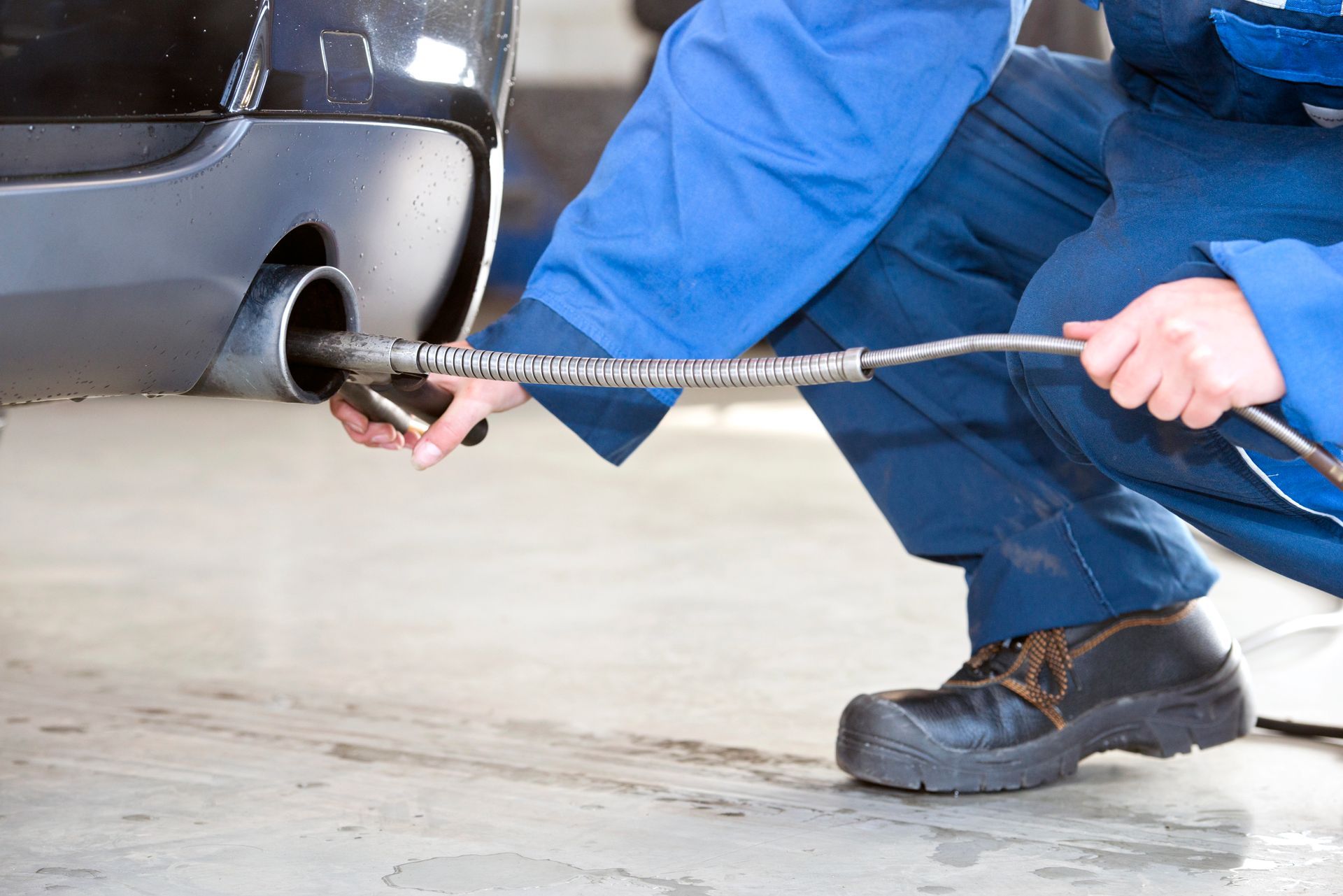7 Signs Your Dodge Needs Professional Repair Services
When you own a Dodge, whether it’s a rugged Ram, sporty Charger, or reliable Durango, you expect a dependable vehicle that performs seamlessly. However, vehicles are complex machines that can experience wear and tear over time. Recognizing the signs that your Dodge requires professional repair services is crucial to maintaining its performance, safety, and longevity. At California Coast Auto Repair, we specialize in Dodge repair services, ensuring your vehicle receives the care it deserves. Here are seven signs that it’s time to seek professional assistance.
1. Warning Lights on the Dashboard
One of the most immediate signals that your Dodge may need attention is the appearance of warning lights on the dashboard. These lights can indicate various issues, from minor to severe. For instance, the check engine light could be a sign of a simple problem like a loose gas cap, or it may indicate a more serious issue with the engine or transmission. If you notice any warning lights, it’s essential to schedule a diagnostic with our ASE-certified technicians. We can pinpoint the issue and provide the necessary Dodge repair services to get you back on the road safely.
2. Unusual Noises Coming from the Engine
If your Dodge starts making strange noises, it’s time to take notice. Sounds such as knocking, grinding, or hissing can indicate underlying issues that require immediate attention. For example, a knocking sound could suggest a problem with the engine bearings, while a grinding noise might point to brake issues. Ignoring these sounds could lead to more significant damage and costly repairs down the line. Our expert mechanics are trained to diagnose and address these issues efficiently, ensuring your Dodge runs smoothly.
3. Decreased Fuel Efficiency
Noticing a sudden decrease in fuel efficiency is another red flag that your Dodge may need professional repair services. If you find yourself filling up more frequently than usual, it may be indicative of issues such as a clogged fuel filter, failing oxygen sensors, or even a malfunctioning fuel pump. These problems not only affect your wallet but can also lead to more severe engine problems if left unaddressed. Our team can assess your vehicle’s fuel system, identify the cause of the drop in efficiency, and implement the necessary repairs to restore optimal performance.
4. Vibrations or Shaking While Driving
Experiencing vibrations or shaking while driving can be a sign of several potential problems, including issues with the wheels, tires, or suspension system. For instance, unbalanced tires or misaligned wheels can create a bumpy ride that is not only uncomfortable but also dangerous. Additionally, a failing suspension system may lead to poor handling and increased wear on other components of your Dodge. We offer comprehensive diagnostics and repairs to ensure your vehicle’s stability and safety on the road.
5. Leaking Fluids
Finding puddles of fluid beneath your Dodge is a clear indication that something isn’t right. Different colors and textures of the fluid can help identify the source of the leak. For instance, red fluid may indicate a transmission leak, while green or orange fluid could be from the coolant system. Ignoring fluid leaks can lead to significant damage to your vehicle and costly repairs if not addressed promptly. Our technicians are equipped to identify and fix leaks, ensuring your Dodge remains in top condition.
6. Difficulty Starting the Engine
If you’re experiencing difficulty starting your Dodge, it could be a sign of battery issues, fuel delivery problems, or starter failure. A weak battery may cause your vehicle to crank slowly or not start at all, while problems with the fuel system can prevent the engine from receiving the necessary fuel to ignite. Regular maintenance and timely repairs can help prevent these issues, but if you find yourself struggling to start your vehicle, it’s time to seek professional help. We can diagnose the issue efficiently and get you back on the road.
7. Changes in Performance
Finally, if you notice a change in your Dodge’s performance—such as sluggish acceleration, rough idling, or difficulty shifting gears—it’s essential to schedule a service appointment. These symptoms can indicate deeper problems within the engine, transmission, or other critical systems. Addressing performance issues early can prevent more extensive damage and ensure your vehicle continues to operate at its best. Our experienced technicians are dedicated to providing top-notch Dodge repair services to restore your vehicle’s performance.
Owning a Dodge vehicle comes with the responsibility of regular maintenance and prompt repairs when necessary. By being aware of these seven signs that your Dodge needs professional repair services, you can take proactive steps to ensure your vehicle remains reliable and safe. At California Coast Auto Repair, we pride ourselves on our expertise in Dodge repair services, backed by over 20 years of experience in the industry. Our ASE-certified technicians are here to provide you with quality service, ensuring your Dodge receives the care it deserves. Don’t wait for small issues to become significant problems—contact us today to schedule your appointment and keep your Dodge running smoothly for years to come.
Frequently Asked Questions :
1. How do I know if my Dodge needs professional repair services?
The most common signs that your Dodge needs repair services include warning lights on the dashboard, unusual noises from the engine, decreased fuel efficiency, vibrations or shaking while driving, leaking fluids, difficulty starting the engine, and changes in performance like sluggish acceleration or rough idling.
2. What should I do if my Dodge's dashboard warning light comes on?
If you see any warning lights on your Dodge’s dashboard, it’s important to schedule a diagnostic with a professional mechanic. Warning lights can indicate a wide range of issues, from minor problems like a loose gas cap to more serious engine or transmission concerns that require immediate attention.
3. Why is my Dodge making strange noises?
Unusual noises such as knocking, grinding, or hissing may signal underlying issues with your Dodge. These sounds could be linked to engine components, brakes, suspension, or other systems. It's best to have a professional diagnose and repair the problem before it worsens.
4. What causes decreased fuel efficiency in my Dodge?
A sudden drop in fuel efficiency can be caused by several factors, including a clogged fuel filter, malfunctioning oxygen sensors, or a failing fuel pump. These issues can affect both your fuel costs and the overall health of your engine if left untreated.
5. Why is my Dodge shaking or vibrating while driving?
Shaking or vibrations while driving can stem from issues like unbalanced tires, misaligned wheels, or problems with the suspension system. It’s important to address these problems promptly to ensure the safety and stability of your Dodge.
6. What should I do if my Dodge is leaking fluids?
Fluid leaks beneath your Dodge can point to issues with the transmission, coolant, or other systems. Different colored fluids can indicate the source of the leak. It’s crucial to get these leaks addressed quickly to prevent significant damage to your vehicle.
7. My Dodge is hard to start. What could be the problem?
Difficulty starting your Dodge could be caused by a weak battery, issues with the fuel system, or a failing starter. If you’re having trouble starting your vehicle, schedule a professional diagnostic to pinpoint the cause and prevent potential breakdowns.
8. What performance changes should I watch for in my Dodge?
If your Dodge experiences sluggish acceleration, rough idling, or difficulty shifting gears, it may indicate problems with the engine, transmission, or other critical systems. Addressing these issues early can prevent costly repairs and ensure your vehicle performs at its best.
9. How often should I take my Dodge for repair services?
Routine maintenance and timely repairs are key to keeping your Dodge in top condition. Regularly monitor your vehicle for signs of trouble and consult a professional whenever you notice any of the signs listed above. Scheduled maintenance helps prevent more serious issues down the road.
10. Why should I trust California Coast Auto Repair with my Dodge?
California Coast Auto Repair specializes in Dodge repair services, with over 20 years of experience. Our ASE-certified technicians provide expert care to keep your Dodge running smoothly and safely. Trust us to address your repair needs with quality service and reliable solutions.

